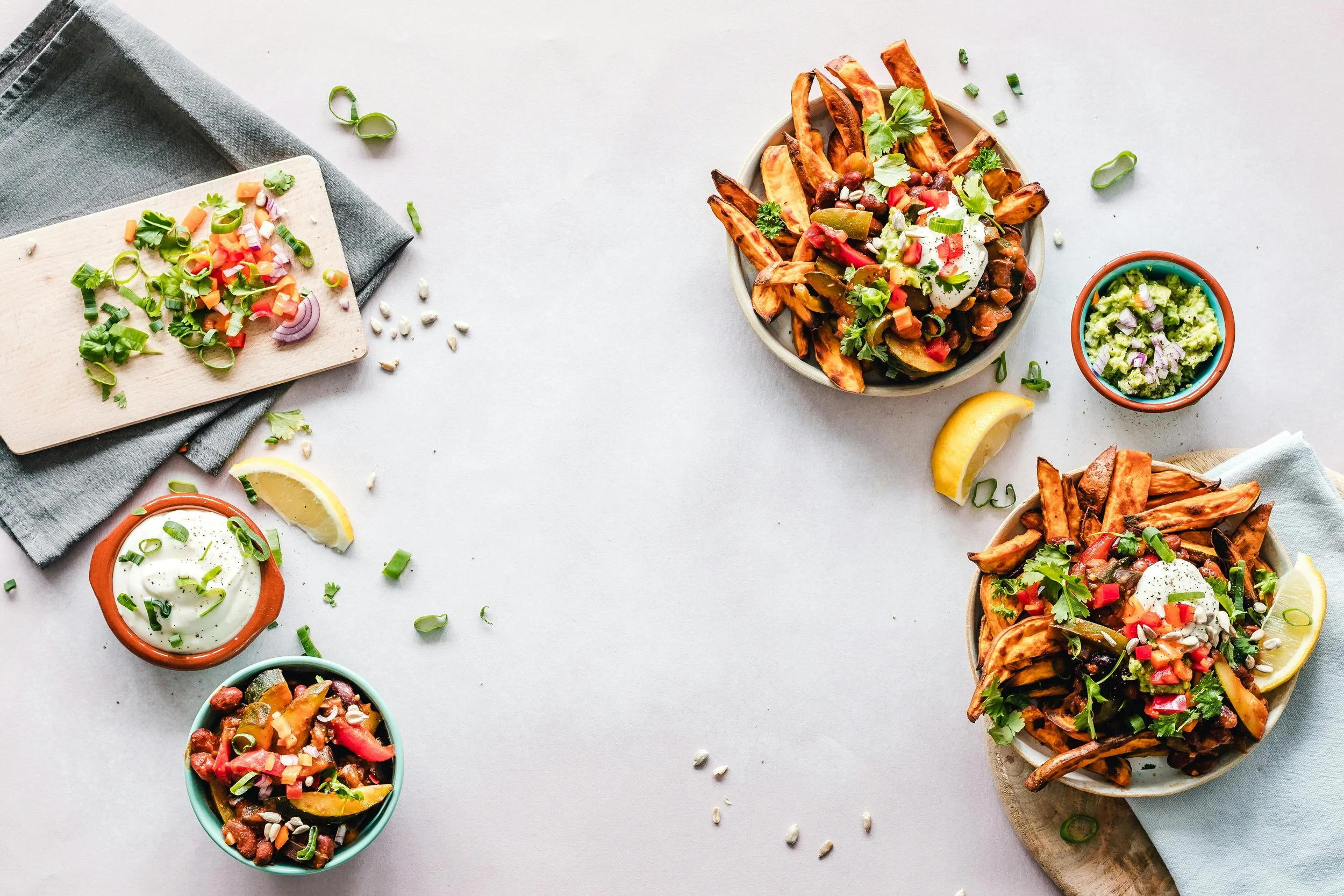The connection between the Gut & Mind: how certain foods can lead to anxiety, and how anxiety affects your Gut.
The connection between the gut and the mind, often referred to as the gut-brain axis, is a fascinating and complex relationship. Here’s how certain foods can influence anxiety and how anxiety, in turn, affects your gut:
How Certain Foods Can Lead to Anxiety
Processed Foods and Sugars: Diets high in processed foods and sugars can disrupt the balance of gut bacteria, leading to inflammation and affecting the production of neurotransmitters like serotonin, which is crucial for mood regulation1.
Caffeine: Excessive caffeine intake can increase anxiety levels by stimulating the central nervous system and triggering the release of stress hormones
Alcohol: While it might initially seem to relax you, alcohol can disrupt sleep and alter the balance of gut bacteria, potentially leading to increased anxiety
Artificial Sweeteners: Some studies suggest that artificial sweeteners can negatively impact gut bacteria, which may contribute to anxiety and mood disorders
How Anxiety Affects Your Gut
Digestive Issues: Anxiety can lead to symptoms like bloating, gas, diarrhea, and constipation. This is because the brain and gut communicate through the vagus nerve, and stress can disrupt this communication
Inflammation: Chronic anxiety can cause inflammation in the gut, which can exacerbate conditions like irritable bowel syndrome (IBS) and other gastrointestinal disorders
Microbiome Imbalance: Stress and anxiety can alter the composition of gut bacteria, reducing the number of beneficial bacteria and allowing harmful bacteria to thrive
Nutrient Absorption: Anxiety can affect the gut’s ability to absorb nutrients properly, leading to deficiencies that can further impact mental health
Improving Both Gut and Mental Health
Balanced Diet: Eating a diet rich in fiber, antioxidants, and healthy fats can support a healthy gut microbiome and improve mood
Probiotics and Prebiotics: These can help maintain a healthy balance of gut bacteria, which is crucial for both gut and mental health
Mindfulness and Stress Reduction: Practices like meditation, yoga, and deep breathing can help reduce anxiety and improve gut health
Understanding the gut-brain connection can open up new avenues for treating both physical and emotional disorders. If you have specific concerns, consulting with a healthcare provider can provide personalized advice.
Is there a particular aspect of this connection you’re curious about or a specific symptom you’re experiencing?

